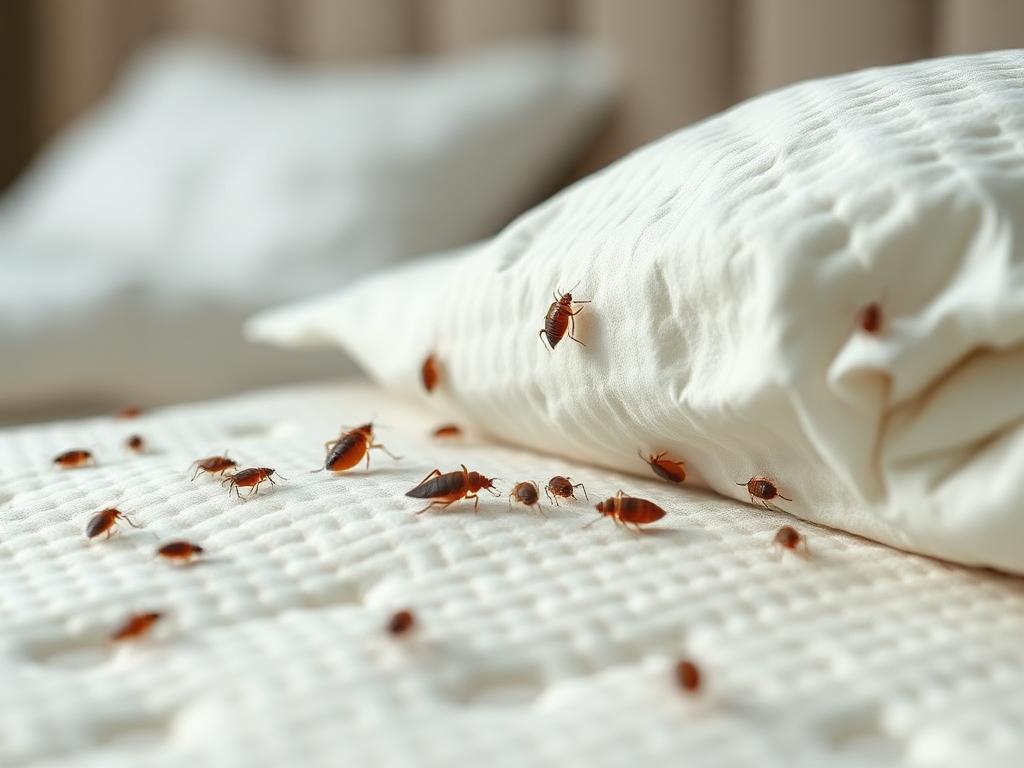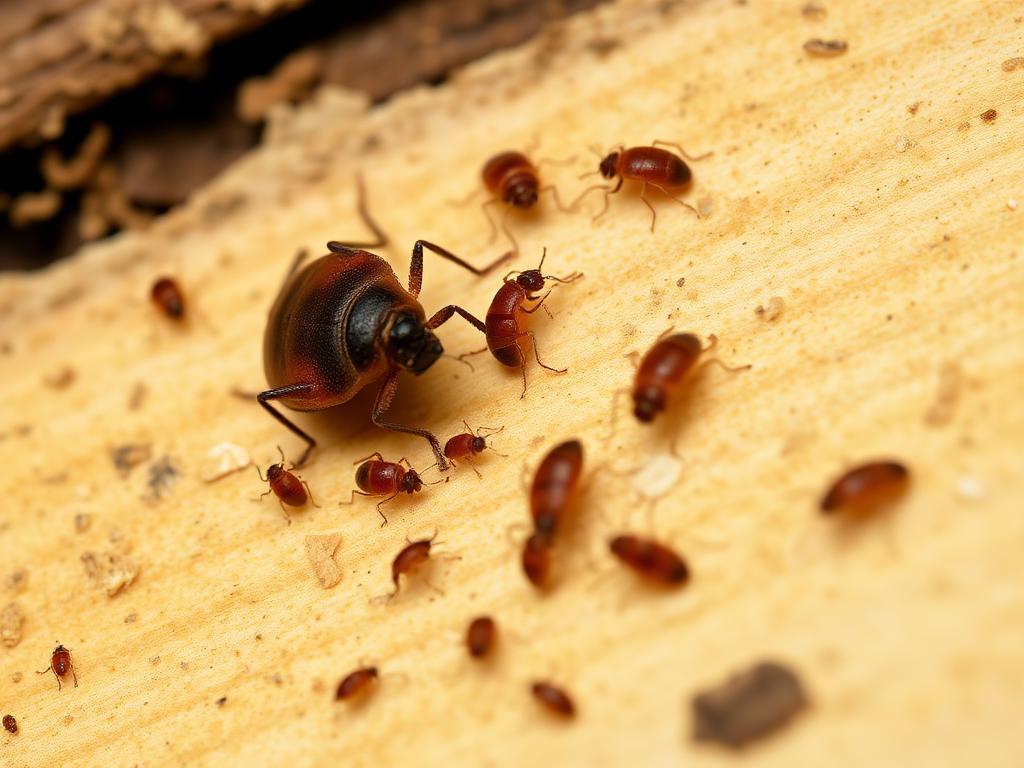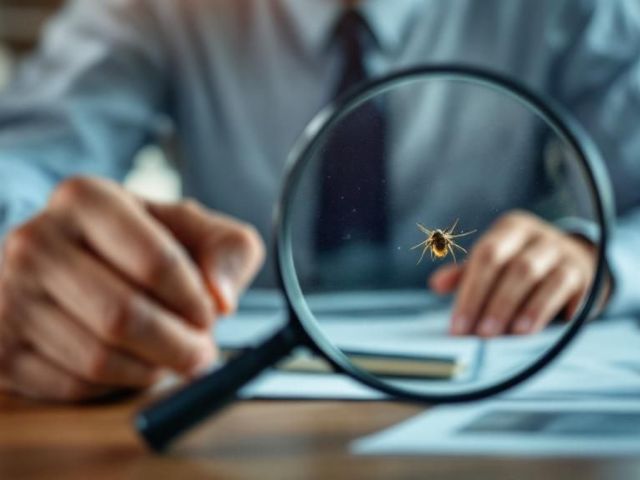How Bed Bugs Impact Mental Health and What You Can Do
Key Takeaways
-
Bed bug infestations can cause significant mental health issues like anxiety, insomnia, and social stigma.
-
Persistent sleep disturbances can lead to irritability, fatigue, and long-term psychological stress.
-
Preparation and prompt treatment play key roles in minimizing both physical and emotional impact.
-
Combining DIY strategies with professional pest control is the most effective way to eliminate infestations.
-
Nashville-based providers like DOA Pest Service can offer discreet, safe solutions for peace of mind.
The presence of bed bugs isn’t just a physical nuisance—it can take a serious toll on your mental health. These tiny pests are notorious for disrupting sleep, triggering anxiety, and creating emotional stress that lingers even after they’re gone. For homeowners in Tennessee, where hospitality and comfort are a way of life, the psychological strain of bed bugs can feel overwhelming. In this article, we break down how these pests impact your well-being and how you can protect both your home and your peace of mind.
The Psychological Toll of Bed Bug Infestations
While bed bugs don’t transmit diseases, their psychological effects can be severe. Just knowing these insects are feeding on you at night can lead to:
-
Insomnia or sleep avoidance
-
Heightened anxiety and hypervigilance
-
Depression and irritability
-
Feelings of shame or embarrassment
-
Social withdrawal due to fear of spreading bugs
Studies have shown that individuals dealing with infestations often report PTSD-like symptoms, especially if the situation goes untreated for long periods. This makes early identification and fast response not just a pest issue, but a mental health priority.

Preparing for Treatment: A Mental and Physical Reset
Getting rid of bed bugs involves more than just spraying insecticides. A thorough preparation process is necessary, both for effective treatment and for giving residents a sense of control over their environment.
Steps to prepare include:
-
Decluttering areas near beds and furniture to expose hiding spots
-
Washing all fabrics (bedding, curtains, clothes) at 120°F or higher and drying on high heat for at least 30 minutes
-
Vacuuming mattresses and baseboards then immediately disposing of the vacuum bag
-
Sealing infested items in plastic or garbage bags before treatment
-
Temporarily relocating pets and vulnerable individuals during chemical treatments
These steps help ensure a successful pest elimination plan, while also offering homeowners a proactive way to manage the situation mentally and emotionally.
Step-by-Step Bed Bug Elimination
Once preparations are complete, treatment involves a multi-step process:
-
Inspection and confirmation of bed bug presence (look for bites, fecal spots, and shed skins).
-
Application of non-toxic solutions like diatomaceous earth or silica aerogel in cracks and crevices.
-
Targeted use of EPA-approved insecticides, typically applied by professionals.
-
Follow-up treatments or monitoring with traps and sensors.
If you’re considering DIY options, always wear protective gear when applying powders and handle high-heat drying cycles with care.
In severe or persistent cases, professionals such as DOA Pest Service can offer advanced treatments tailored to local infestations, minimizing disruption while delivering long-term peace of mind.
Why Professional Pest Services Make the Difference
While DIY methods can offer temporary relief, professional pest control services bring a level of precision, speed, and reassurance that is hard to match. Dealing with bed bugs is not only physically exhausting but mentally taxing—and knowing a trusted expert is handling the problem can significantly reduce stress.
Here’s why hiring a pro is the smart move:
-
Accurate identification: Professionals can confirm the presence and scope of an infestation quickly.
-
Advanced tools and techniques: Heat treatments, targeted applications, and high-efficiency vacuums deliver more consistent results.
-
Fewer repeat infestations: Trained technicians know where to look and how to prevent future outbreaks.
-
Safety and discretion: Many providers, like DOA Pest Service, offer low-toxicity options and discreet scheduling.
-
Peace of mind: Most importantly, knowing the job is done thoroughly helps restore emotional balance.
Choosing a professional isn’t just about convenience—it’s about regaining your comfort, your sleep, and your peace of mind.

Practical Tips to Prevent Reinfestation and Reduce Anxiety
Even after treatment, the fear of bed bugs returning can be psychologically draining. These prevention strategies help ease that worry:
-
Keep your bed slightly away from walls.
-
Use mattress encasements designed to trap bugs.
-
Avoid bringing in second-hand furniture without a thorough inspection.
-
Vacuum frequently and wash bedding weekly on high heat.
-
After traveling, unpack clothes into the washer and dry immediately.
Additionally, avoid placing luggage on beds and inspect hotel rooms for signs of bugs around the headboard and mattress seams.
The Link Between Clutter and Emotional Stress
Clutter can both hide bed bugs and contribute to psychological stress. Reducing unnecessary belongings around beds and sitting areas simplifies inspection and treatment while giving residents a sense of restored order.
Decluttering tips:
-
Use transparent storage bins to easily spot signs of pests
-
Bag and label items before moving them between rooms
-
Discard infested items only when absolutely necessary to avoid unnecessary waste
This dual-purpose habit improves both pest visibility and emotional clarity.
Non-Chemical Alternatives: When You Want a Holistic Approach
Some homeowners prefer to limit chemical exposure. Fortunately, several effective natural treatments exist:
-
Diatomaceous earth: Kills through dehydration when spread in cracks
-
Essential oil sprays: Tea tree, peppermint, or lavender (though less reliable)
-
Steam cleaning: Penetrates fabric and kills eggs and bugs with heat
-
Freezing: Items placed in sealed bags and frozen for several days can kill bugs
While these methods may not fully replace professional solutions, they work well in tandem with a broader control strategy.
Protecting Your Space and Your Sanity
A bed bug infestation affects more than your sheets—it impacts your comfort, your sleep, and your mental health. Acting quickly, maintaining a clean home, and working with professionals when necessary can make all the difference.
Local providers like DOA Pest Service offer discreet, thorough inspections and treatment options that prioritize both effectiveness and emotional well-being. Don’t wait for sleepless nights to take a toll—restore your peace of mind by addressing bed bugs head-on.
Frequently Asked Questions
How do bed bugs affect mental health?
They can lead to anxiety, insomnia, social withdrawal, and even symptoms resembling PTSD.
Can bed bugs cause long-term psychological effects?
Yes. The stress and sleep loss associated with infestations can trigger lasting emotional issues.
Are there professional services to help with discreet treatment?
Yes. Local pest professionals provide confidential, quick-response services tailored to your needs.
Is DIY treatment enough?
In minor cases, yes. But most infestations benefit from professional help to ensure total eradication.
How can I prevent future infestations?
Inspect luggage after travel, wash clothes immediately, avoid second-hand furniture, and use mattress encasements.









